JKIA Officials Under Scrutiny as Human Trafficking Network Exposed
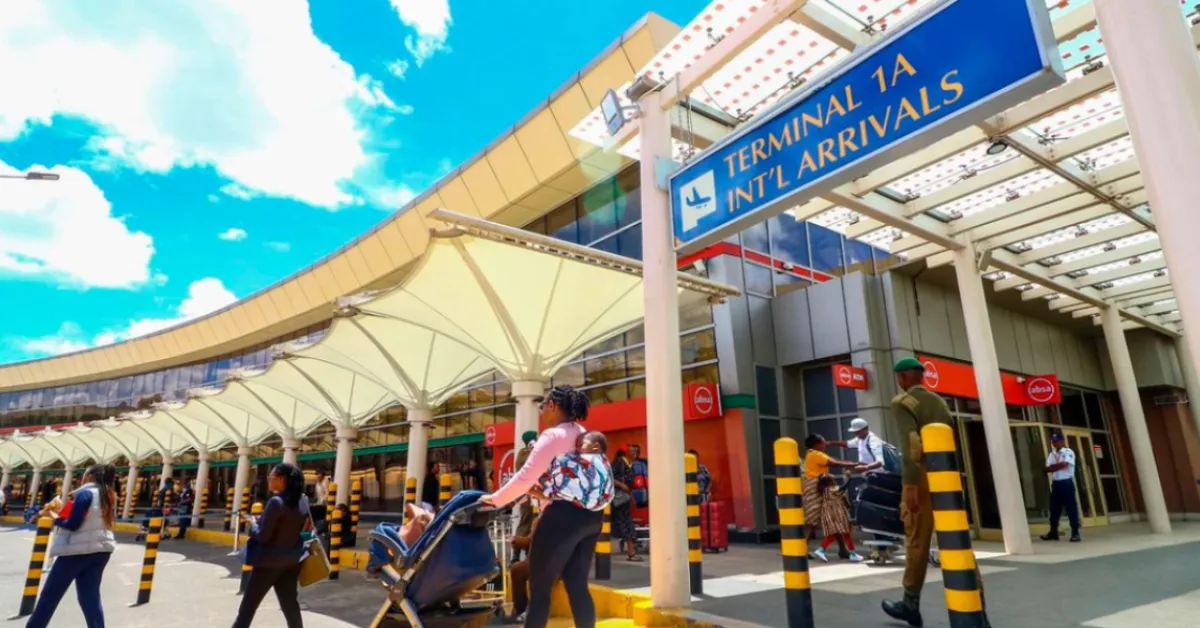
Kenya is confronting a troubling surge in human trafficking incidents, drawing international attention and concern.
Recent cases have revealed alarming complicity among individuals within the transportation and immigration sectors, particularly surrounding operations at Jomo Kenyatta International Airport (JKIA). A series of convictions related to the trafficking of Ethiopian nationals has raised critical questions regarding systemic failures and the protection afforded to higher-tier traffickers. On May 4, 2022, Ethiopian national KKebebush Wondimu paid Sh700,000 to traffickers with the hope of reuniting with her family in South Africa.
However, her journey was interrupted by Malawian authorities, who returned her and several others to Kenya. The incident has sparked serious allegations of possible complicity among airport officials, with Magistrate Njeri Thuku highlighting significant investigative oversights, such as the failure to examine the phones of those involved, which could have unveiled critical evidence about the trafficking network. Thuku expresses concerns over a selective investigation that may shield higher-level traffickers, questioning, "Are there others higher up the food chain who need protection?"
Three employees of Kenya Airways—Peter Odera, Aphonse Maghanga, and Peter Mosiria—have been convicted for facilitating Wondimu's and two other Ethiopian nationals' illegal passage. Testimonies revealed that the passenger manifest had been deliberately altered to misrepresent the victims as Kenyans, allowing them to bypass immigration scrutiny. Mumtaz Iqbal, a key witness, disclosed her experiences with the traffickers, including coercive tactics aimed at involving her in the operation.
Compounding these issues, another case involving Yibekal Getachew highlighted the stark brutality of human trafficking. Getachew was sentenced to 31 years for harbouring 12 Ethiopian migrants in deplorable conditions. Victims recounted harrowing experiences of abduction, forced labour, and threats of violence for failing to secure ransom money from their families. Reports detailed horrific threats, including potential organ sales, illustrating the extreme vulnerability of those trapped within trafficking networks.
These cases expose systemic neglect as authorities grapple with the implications of a burgeoning trafficking crisis in Kenya. The intertwined operations of various brokers further complicate the issue, as victims often find themselves entrapped in a cycle of exploitation that strips them of agency and autonomy. While the judiciary makes strides in convicting direct perpetrators, the pervasive nature of trafficking operations highlights the complicity of multiple actors, including those sworn to uphold public safety.

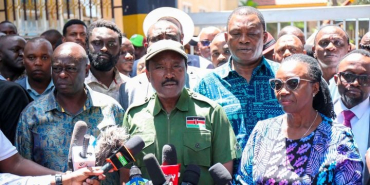



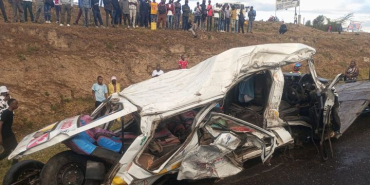
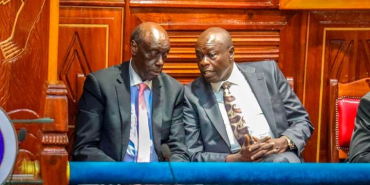
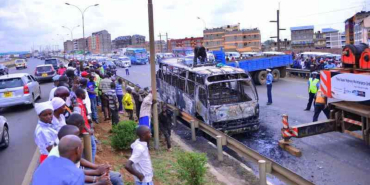
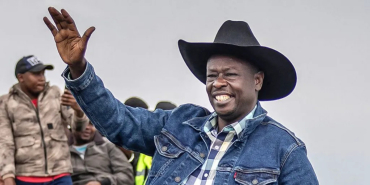
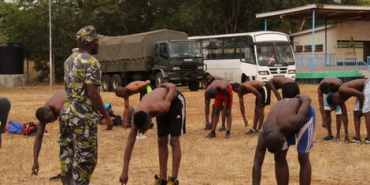




Add new comment